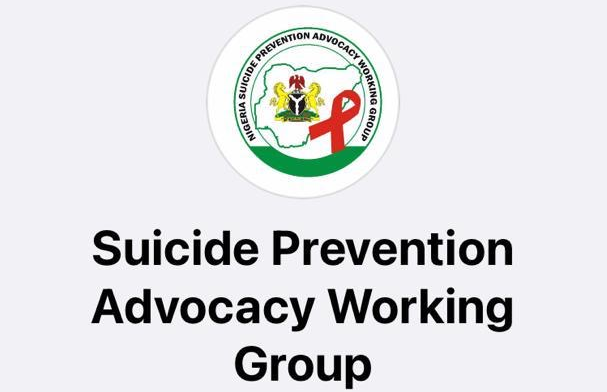Nigeria Suicide Advocacy Working Group – Initial Meeting and Road Map for decriminalisation .
April 2024
Nigeria, one of three focus countries in LifeLine International’s campaign Decriminalise Suicide Worldwide, has taken a significant step toward decriminalisation with the first meeting of the recently formed Nigeria Suicide Advocacy Working Group. The Group brings together over 70 organisations, experts, activists and individuals determined to address the rising suicide rates in Nigeria with compassionate care in place of the threat of punishment.
Convening the Group, LifeLine International’s African Representative, Prof Taiwo Lateef Sheikh said the major barrier to suicide prevention in Nigeria is the law that criminalises attempted suicide. The group heard about the current status of the law from leading lawyer M. T Mohammed Esq, as well as routes to change the law from Professor Cheluchi Onyemelukwe, Executive Director of the Centre for Health, Ethics, Law and Development.
The Group is calling for changes to all Federal and State laws in Nigeria that criminalise suicide. The meeting concluded with a road map to support the passage of a comprehensive and integrated “National Suicide Prevention Bill” that will among others decriminalize suicide attempts in the National Assembly.
“It is critical that we move the discussion about suicide and its prevention to one which is evidenced-based – and away from emotional reactions that is often rooted in religious and cultural opposition. That is how we can address stigma; this is how we can say – it’s ok to ask for help. The Advocacy Group lets us do this, bringing a broader base to support Government’s positive policy changes,” Prof Sheikh said.
The meeting garnered important media coverage in the Guardian.ng, the Vanguard as well as several news media including pmnewsnigeria.com and quicknews.africa
Nigeria has an estimated 15,000 annual deaths from suicide, or 6.9 per 100,000 as reported by the World Health Organisation. However, where suicide remains a crime, these numbers are likely to be widely under-reported, masking the potential scale of the crisis. Added to this this, for every death it is estimated there are at least 20 attempts meaning some 300,000 Nigerians, in suicidal distress, face the agonising question of asking for help with added threat of the risk of punishment or gaol.
On the policy front, Nigeria is taking important steps forward – launching in October 2023 its National Suicide Prevention Strategic Framework and Revised National Mental Health Policy. Both policies call for decriminalisation, recognising the critical role this change will enable in shifting for the focus from punishment to care for people in critical distress. In addition, the 64th National Council on Health adopted the National Suicide Prevention Framework, committing the 36 States of the Federation to its implementation – including decriminalisation.
Engaging national civil society, from experts to activists, in advocacy around suicide prevention, assists the passage of legislation to decriminalise suicide to happen in the most constructive way possible – and this is a case in point in Nigeria. LifeLine International supports this locally initiated action with connections, learnings, policy and other resources together with case studies and shared experiences from other campaigns.
Nigeria, together with Kenya and Malawi are the three countries that are a specific focus of Decriminalise Suicide Worldwide, an international campaign powered by LifeLine International aiming to change all laws that criminalise suicide across the 52 countries were suicide is either a crime, or its legal status unclear, inhibiting help seeking and entrenching stigma.
